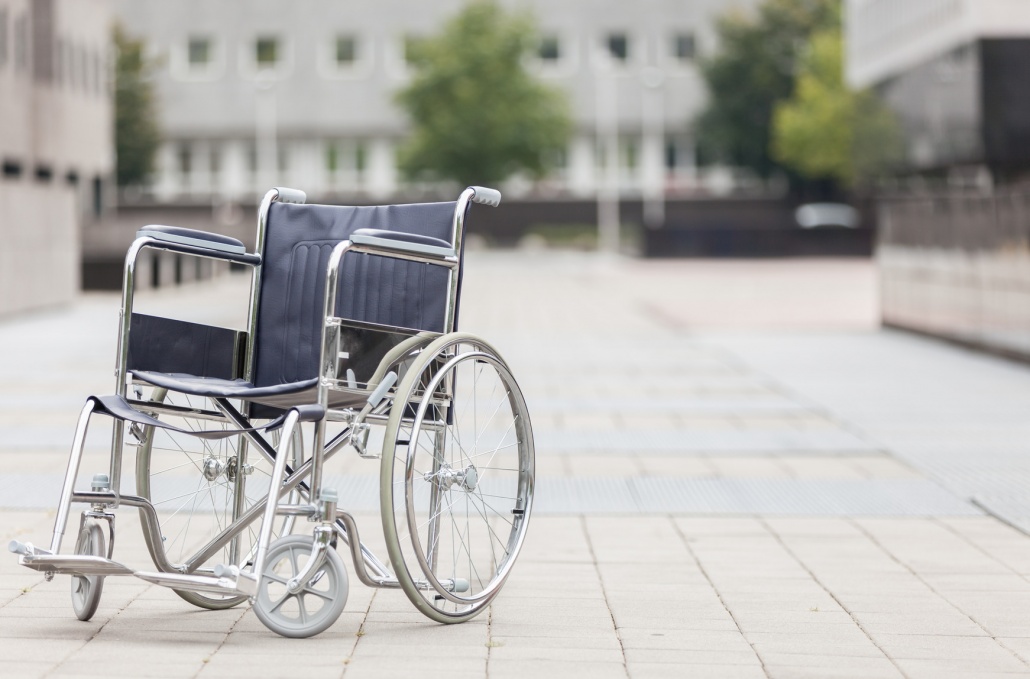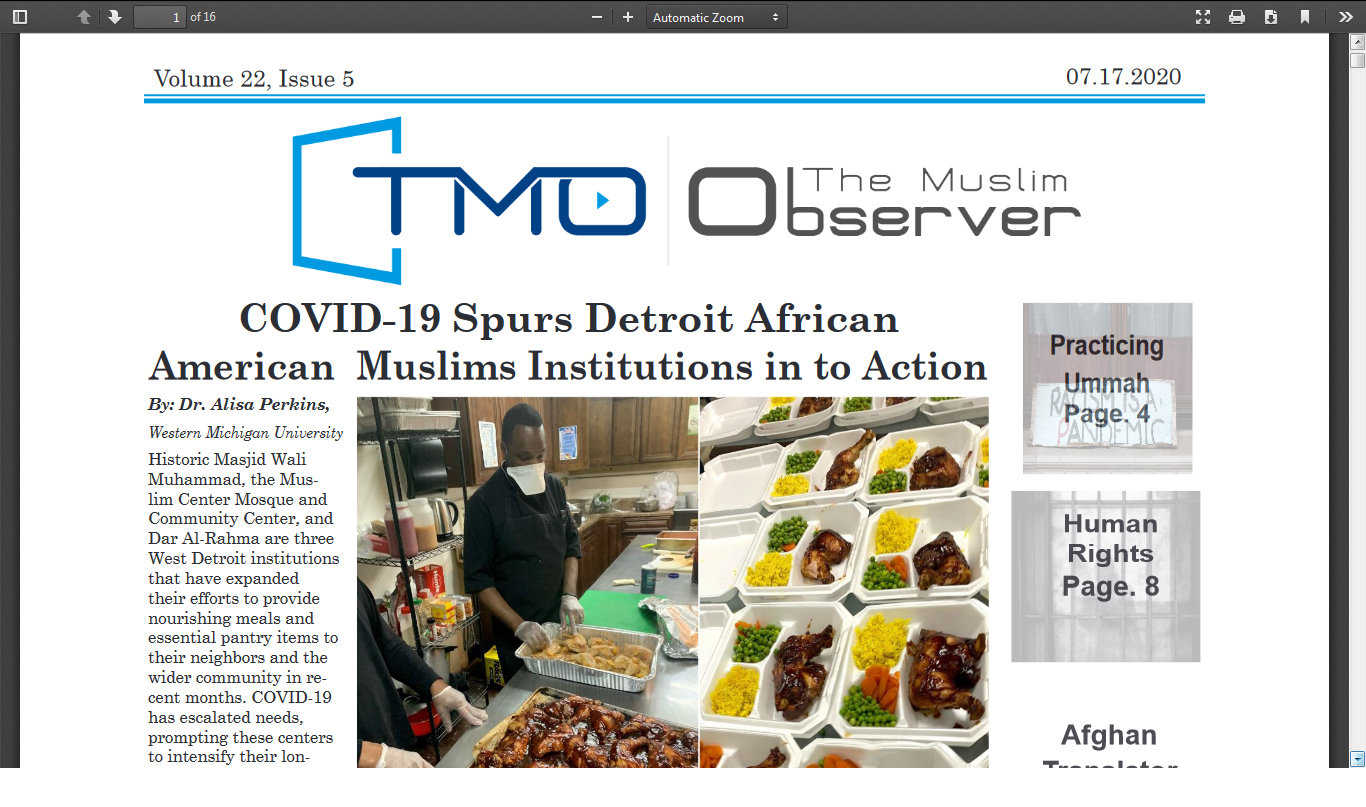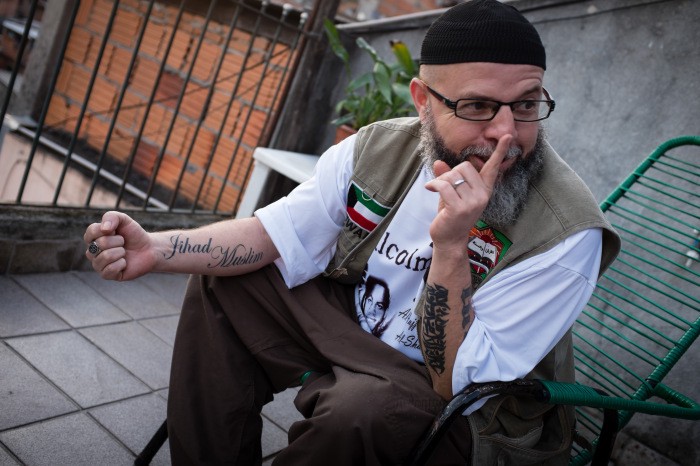‘I’m sorry, but actually I’m a doctor’
By Hamad Aslam
A well-intentioned, middle-aged man came up to me with an offer about a year ago when I was outside a masjid after prayers.
“I have a very good opportunity for you!” he eagerly said to me. I was curious about what this man wanted to offer and I accepted the business card he handed me. “You are probably good at computers,” he said to me in a mocking tone, as if I were a child. “This is something that you can do just sitting at your computer. It’s good for people like you because you do not have to leave your home and it is very easy.”
I listened as he briefly told me about a simple job I could do on the computer while again implying that he does not expect me to be someone who has a job or leaves my home to go out in the community very often.
His approach and assumptions hurt me. “I’m sorry, but actually I’m a doctor” I said to him slowly. He was taken aback and stumbled over his words and tried to restate what he had said.
This interaction is not uncommon for me now. People regularly assume I am helpless. Doing normal activities out in the community is perceived as being out of the ordinary.
Perhaps I should explain myself: about six and a half years ago, when I was in my early 20’s, I was involved in a car accidentally with my family that resulted in a complete spinal cord injury and a traumatic brain injury. I was left completely paralyzed from below the chest and have to use a wheelchair. Since my accident, I have had to overcome many obstacles. There is one obstacle, however, that I will continue to face: the prejudice and stereotypes people hold about individuals with disabilities.
Thankfully, I have an amazingly supportive family and close friends. Though my life had completely changed, my parents never let me feel any different. I wanted to be a doctor even before my injuries and my experiences after this life-changing event made me want to be a doctor even more. My family made me feel like these goals were still attainable, never implying or making me feel like I had to accept anything less.
Unfortunately, not everyone is molded and shaped by such a support system. The above interaction illustrates the prejudice and stereotype that many people hold. And it is a crippling mindset to have–perhaps more so than the actual physical (or mental) disability.
I face looks of surprise and bewilderment when people learn that I am a physician, or that I drive my own car, or that I live by myself, or that I am engaged. Over time, this makes me feel like I am an inferior individual in society and that people will always look at me in an inferior manner.
I am blessed to have a support system that goes against this, but others with disabilities may not be so lucky. By holding these individuals to a lesser standard and thinking that they are not “normal” members of society, what are the long-term implications? In addition to being offensive, are we further preventing the advancement of these individuals by putting them figuratively in a box and making them feel like they are not able to accomplish things like “other” people?
My life is different now and I have accepted that. The wheelchair I use and things I do on a daily basis are not reminders of my disabilities, but of how I need to keep moving forward. This acceptance would not have been possible without the support and love of those around me. Individuals with disabilities have enough internal struggles to overcome; it is time we as a society let go of biases and support each other.
Editor’s note: Dr. Hammad Aslam is a resident physician specializing in physical medicine and rehabilitation (PM&R) at the University of Alabama at Birmingham. He was in an automobile accident with his family on May 23, 2009 that caused a traumatic brain injury, a C5 brachial plexus injury and a T3 complete spinal cord injury. He has been featured in numerous publications and has been asked to speak at various events, including two TEDx conferences. His journey is followed by people internationally through his blog, mindofhammad.blogspot.com. His views are his own.
17-43




















2015
1,178 views
views
0
comments